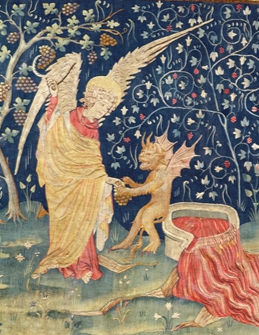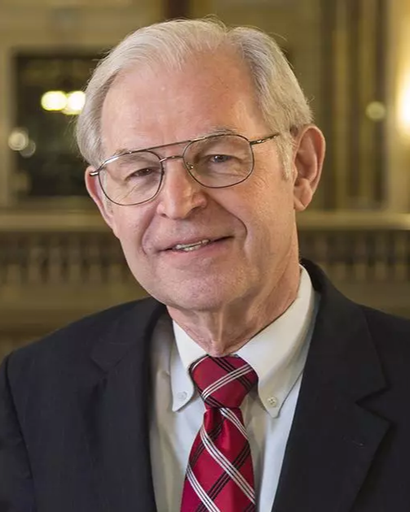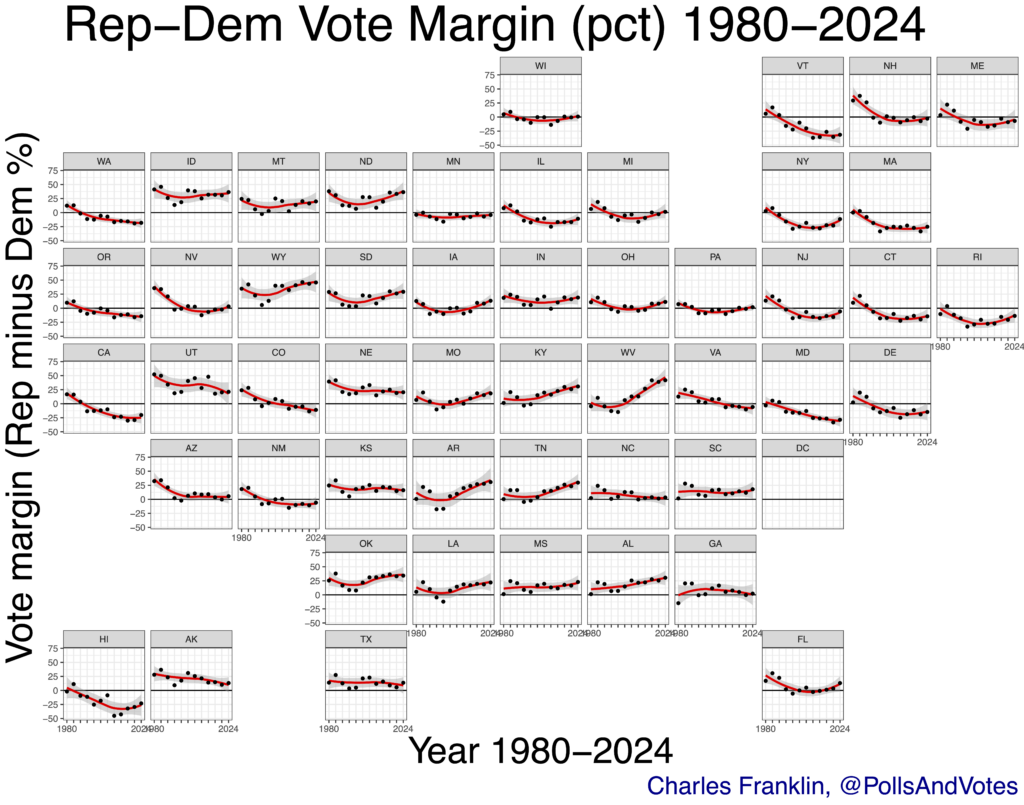The Grapes of Roth
My latest article, “The Grapes of Roth,” has just come out in print in the Washington Law Review. In it, I argue that copyright law passed through at least three important phases over the course of the last century, in which judges struggled in different ways with the process of how to determine whether two works are infringing. This periodization of copyright decision-making is, I believe, insufficiently appreciated; copyright lawyers, scholars, and students tend to read cases from any era as going about the decision-making process in the same way. The goal of the article is to focus more attention on how decision-making has varied over time, and to at least begin the discussion of which era’s procedure is closer to optimal.
The title is a reference to the old copyright chestnut Roth Greeting Cards v. United Card Co., in which the majority concluded that infringement was the right call based on the shared “total concept and feel” of the plaintiff’s and defendant’s greeting cards. The “total concept and feel” standard from Roth is one that copyright lawyers love to hate. The phrase is nearly meaningless: concepts are explicitly excluded from protection under 17 U.S.C. § 102(b), and copyrighted works are distinct from any physical embodiment, meaning they have no “feel.” The influential Nimmer treatise has for decades reproached the standard as “invit[ing] an abdication of analysis.”
So why is it so popular? Judges seem to have no qualms about using it, no matter what the commentariat says. They have cited it regularly as the standard for infringement in cases involving non-identical works from the 1980s to the present day. Indeed, it has found its way into jury instructions: juries are commonly told, without further elaboration, that two works are infringing if one was copied from the other and they share the same “total concept and feel.” The answer to this puzzle, I argue, sheds light on the transition from the first phase to the second, and reveals the trap sprung (or the “grapes” pressed) in the third.
Over the next several days I’m going to serialize the article here. I’ll cover in somewhat less detail (but with more images!) the three historical phases I identify, and then wrap up with a concluding post on whether those phases are limited to copyright law.



